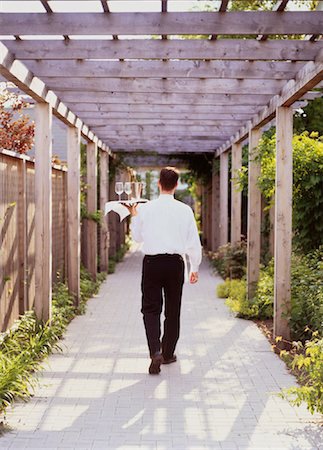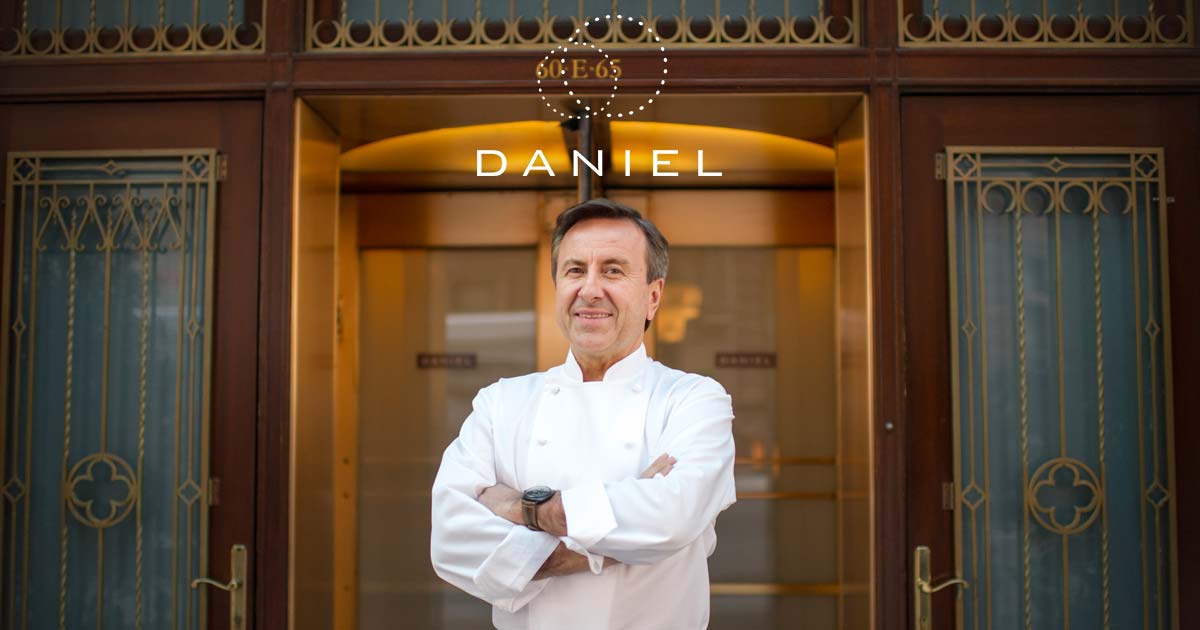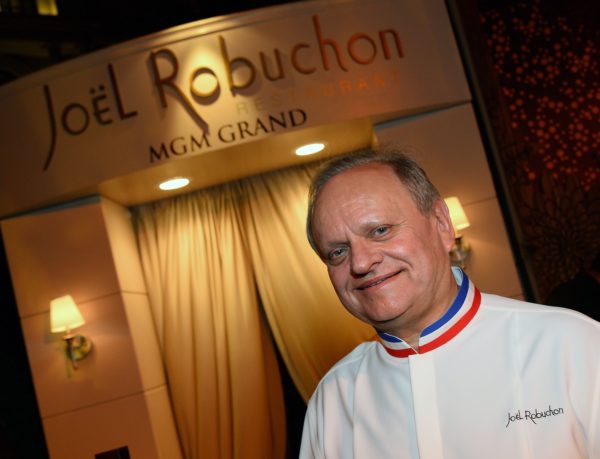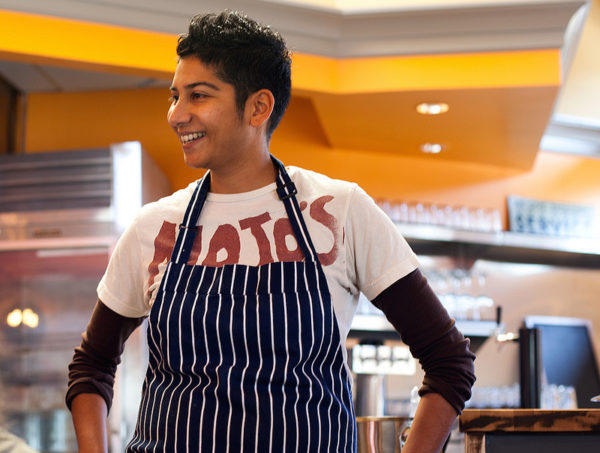For many restaurant workers like me, the pandemic has felt like “taking a little time apart” from a romantic partner. Occasionally when you break up with someone, the distance brings you closer. Other times, the space apart helps you find the courage to move on with your life. When you finally break up with your restaurant job, your loved ones will tell you they hated that you worked in restaurants all along. “We always thought you could do better,” they’ll say. If you get back together, you know you risk slipping back into the same patterns that brought you to the breaking point in the first place.
Working in hospitality conditions you to shoulder blame for things that aren’t your fault. We’re so accustomed to being told that we could do better next time that we start to believe that a job well done this time isn’t worthy of praise. The mentality among restaurant professionals for years has been: We’re only as good as our least satisfied guests think we are. It’s an unhealthy way of measuring success, and the dogma of unconditional hospitality has taken its toll on our workforce.
Expiring unemployment benefits were supposed to resolve the labor shortage. That hasn’t happened. As it turns out, a lot of former service industry professionals have been “seeing other people” since they were unceremoniously laid off last year. Most of us have never had ample time to contemplate how the daily grind of restaurants was breaking down our bodies and minds.
After years of being expected to share blame for its inadequacies, I don’t feel responsible for helping to clean up the restaurant industry’s mess. Over the twenty years I’ve worked in the business, it’s always been a means to an end for me, but somewhere along the way I forgot what the end was.
It becomes difficult to leave the industry once you’re entrenched in it, not too different from the challenges you face leaving a bad relationship. You keep telling yourself that things will change, that you’re valued and appreciated when all evidence is to the contrary. You start to wonder what you could accomplish unencumbered by your restaurant life.
Ironically, being laid off a corporate job led me to restaurant work in the first place. Fresh out of college, I was hired as an executive assistant for an ad sales company. Less than a year later the company was taken over by a larger conglomerate, and everyone in the office, including me, was let go. I found the corporate environment oppressive. It was obvious that I wasn’t meant to wear a suit to work. As a stopgap, I started waiting tables until the next opportunity came along.

In my short stint in the corporate world, I noticed how much energy is wasted in offices. Partitioning people off into cubicles diffuses interpersonal connection and stifles individuality. Energy is never wasted in restaurants. Professional kitchens and busy dining rooms are kinetic; movement is always economical and focused. Success in restaurants is harder to measure empirically compared with conventional data-driven jobs. Giving people pleasure isn’t something that shows up on a P-and-L report.
When I started working in restaurants, the looser social constructs felt liberating. The people I worked with were free-spirited and artistic with colorful, hidden personalities like mine. Restaurant work made me feel like my personality was my biggest asset, nothing I’d ever felt quarantined in my cubicle. It was thrilling. My coworkers knew how to have a good time. We stayed out late. We drank a lot. We slept in. We’d have terrible hangovers, but we always rebounded quickly. We never called in sick, and we were always willing to work overtime.
The work was never easy, though. Reproach always seems to come more naturally than praise. I always felt like I was giving more than I was receiving in return, from guests and my own managers. For too long, restaurant workers have been treated like we’re expendable. Now, owners (and patrons for that matter) are learning the hard way how difficult it is to restart the engine when you never took care of the pit crew.
I’ve decided to leave the service industry for many reasons, but its dysfunctional work culture is at the top of the list. I’ve drawn the conclusion that restaurants, especially fine dining ones, can’t be incubators for workplace reform—at least not in their current profit-driven business models. Restaurants have become too commoditized, built to function more like amusement parks than like sanctuaries.
There’s a growing disconnect between affluent restaurant clientele and the rest of the world where restaurants have learned to profit by creating sterile bubbles that offer luxury to rich people, insulating them from the inconvenient intrusion of societal problems. Hospitality in the industrialized world, once considered a communal affair, has morphed into a capitalist funhouse defined by excess and isolation, auctioned off to the highest bidder. Prioritizing guests’ comfort in this way comes at the expense of the people tasked with providing the smoke and positioning the mirrors.
But the world is changing rapidly, and the restaurant industry has lagged behind. Social justice movements like #MeToo and Black Lives Matter have put the restaurant world under a microscope, and exposed the depths of its dysfunction. Most restaurants try to remain apolitical. We’re in the business of comfort, not confrontation. But serving food to a community is an inherently political act, and the more our food systems become intertwined with our politics, the more a restaurant owner’s silence is complicity.
The pandemic has shown us the power restaurants have to spur social change. The establishment would have us believe that guests shouldn’t have to worry themselves about everything that goes into preparing a meal when they pay a lot of money for one. Personally, I’m tired of making a living from a system that peddles privilege for less than it costs.
Losing my job so abruptly was a sobering reminder of how we, as restaurant workers, function more like independent contractors than full-time employees. Anthony Bourdain once famously noted that restaurant workers behave like mercenaries, hired guns that don’t like to stay in one place too long. Perhaps our ambivalence has helped offset the trauma of so many exploitative chefs and owners that hold the impermanence of our employment over our heads as a motivational tool. It certainly goes a long way toward explaining the lack of solidarity many restaurant workers have shown with owners when asked to return to their jobs.
Staffing issues aren’t new. The thirst for new food experiences has been outpacing the industry’s ability to grow its workforce for decades. Guests have become higher maintenance and more difficult to please. The foodie subculture, formulated on the flawed idea that dining out cultivates some kind of culinary expertise, breeds entitlement. By catering to people’s limitless need for luxury, the restaurant industry enables guests to ignore systemic problems that run rampant behind the scenes like exploitation of immigrants, workplace harassment, and stagnating wages.
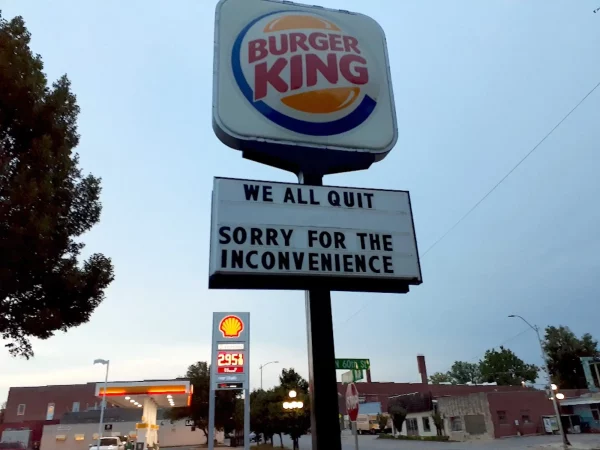
Coverage of the labor shortage in restaurants tends to ignore the bigger picture. A lot of these jobs really suck, they’ve always sucked, and that’s why no one wants to work them anymore. The constipation in the labor market can be traced to the fact that these jobs have an increasingly terrible cost/benefit analysis. Minuscule pay raises won’t move the needle. People are moving on to pursue career opportunities with better wages, work-life balance, and more upward mobility.
I’m not sure I’ll ever be able forgive the restaurant industry for the cruelty of laying off its workforce so quickly—close to six million restaurant jobs were lost at the peak of the pandemic. People who had worked their entire lives in hospitality, many who’d spent decades in the same restaurants, were cast aside like used candy wrappers. Restaurateurs like to stress family to encourage their staff to buy into a common purpose, but when times got hard, most of them abandoned us.
As much as I may act like I won’t, I’ll miss working in restaurants. The same adrenaline rush is hard to replicate in other jobs. But more than anything, I’ll miss the camaraderie of a restaurant staff. We enjoy good food and wine together because we’ve been trained to appreciate it. We treat other service workers with the respect they deserve because we’ve walked miles in their worn-out shoes. I’ll miss the thrill of getting a monster tip. I’ll miss walking away from someone who tried to make me feel small and letting them sit in their own shame.
What I won’t miss? People I haven’t heard from in years hitting me up for reservations; panicked phone calls from managers trying to find last minute coverage when I have plans; panicked phone calls from managers needing coverage when I don’t have plans; menu quizzes; not having any clean work shirts; not having any clean work socks; sore feet; chasing after people when they don’t leave a copy of their credit card slip; randos at my tables asking me details about what some celebrity ate there once; being asked my name by guests who just want to boss me around with a more personal touch.
To be honest, I’m not sure I ever had the proper temperament for the service industry. Some people live for the euphoric feeling of pleasing others. That was never me. I just wanted to do my job well and make enough money to support myself. In the meantime, I’ll continue writing about restaurants because I love them. I love the people who create them and continue to be awed by the resolve they’ve shown to keep them alive during this dreadful year and a half. You should too. In the meantime, I’ll focus on becoming a better guest, a process that we should all aspire to perform with infinitely more grace.

